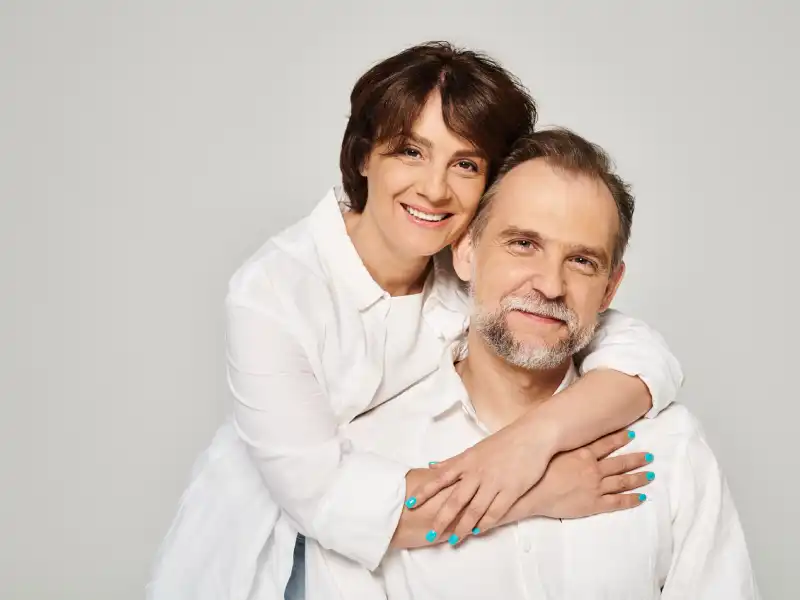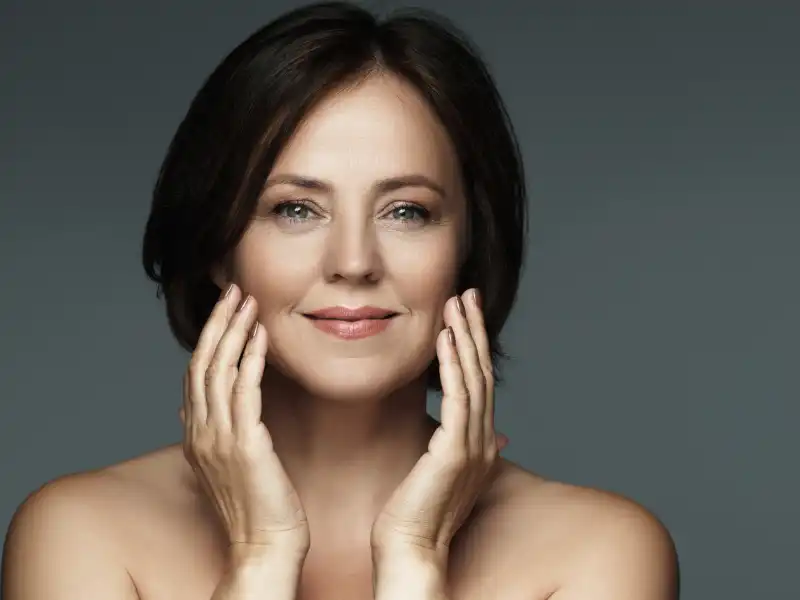Cosmetic Surgery for Teens
First dates. Proms. Vacations with friends. Job and college interviews. As a teenager, the pressure to look good is intense, with teens across Southern California and nationwide increasingly interested in cosmetic procedures. What is stirring the demand for teen plastic surgery? What are the potential benefits and downsides? Dr. Wang has seen many teen patients and read the growing number of stories in the mainstream and clinical media, and would like to weigh in on concerns about teen plastic surgery in Southern California.
The Importance of Maturity
Some might say that age is nothing but a number, but there are very good reasons why both parents and teenagers should think twice about young people going under the knife for elective procedures. As we know from our own experiences and from those of family and friends, the teen years often are not a time of emotional maturity and wise decision-making. Instead, while some teenagers exhibit poise and confidence beyond their years, most teens still need time to mature and make some mistakes as they grow up.
Dr. Wang believes that plastic surgeons should take an active role in helping to teach teens the importance of being mature and making carefully-considered decisions. Given the media images and peer pressure that bombard teens daily, it’s perfectly understandable that many teens have unrealistic expectations about surgery, or fail to realize the risks involved. Dr. Wang sees education as the key to helping teens understand that having surgery is a serious responsibility, not a magic wand that will effortlessly solve cosmetic problems.
Procedures Teens May Want to Consider
Several cosmetic surgery procedures have been popular choices for teenagers for many years. Generally, these procedures are very low risk, and offer the patient the possibility of great benefit. For instance, otoplasty, or surgery to pin back the ears so that they sit closer to the head, has been performed on teens and even younger children for decades. This straightforward surgery carries very little risk and only rarely leads to complications, yet it helps tens of thousands of people each year avoid the teasing and taunting that so commonly accompany ears that “stick out” far from the head.
Another procedure that Dr. Wang commonly performs for Asian teenagers between the ages of 16 and 19 is double eyelid surgery, or blepharoplasty. This technically precise but fairly straightforward procedure poses almost no risk to the patient and offers a wider and more aesthetically-pleasing eye with more definition. That said, teens should still carefully consider whether the surgery is right for them, and talk over their decision with their family and friends.
In addition, cosmetic procedures to correct permanent deformities are in many cases appropriate for teen patients. For instance, if a teen suffers from a chest wall deformity that leaves one breast several sizes smaller than the other, early corrective surgery likely will help to restore her self esteem and confidence at a critical time in life. Also, those teens who grow large breasts that place great strain on their body frame and cause substantial discomfort may benefit from surgery at an early age, since the breasts are unlikely to become manageable without surgical correction.
Procedures Teens Should Avoid
While there are certain procedures that teenagers may benefit from, these are generally not the glamorous or glitzy transformations that tend to excite teens the most. For instance, a huge number of teenage girls express interest in breast augmentation, but in all but the rarest cases, Dr. Wang will not perform augmentation surgery on anyone under 18 years of age. Along these lines, he also avoids tummy tuck or other body contouring procedures for teens, and he is particularly cautious about performing many facial procedures for teenagers.
Facial procedures such as rhinoplasty and lip augmentation present problems for at least three reasons. First, many teens aren’t equipped to make decisions about permanent changes to their faces. Our faces are an important part of our identities, and making any change to your face is a very difficult decision that involves a maturity most teens simply don’t possess. Second, the shape of facial features can continue to change during teen years, meaning that teen surgery in this area may be premature. Last, many facial procedures require general anesthesia, which increases safety concerns.
The Role for Parents
Dr. Wang believes this is a great learning opportunity for both teenagers and parents. The first goal is of course teen safety. Help your son or daughter find accurate, reliable information on procedures that interest them, and make sure to point out where advertising materials, magazines, or TV shows may be sugarcoating the realities of surgery. It can be difficult to decide when to support and when to discourage your teen’s interest in surgery, but try to avoid creating a situation where they will go behind your back to get surgery from a less reputable surgeon. Dr. Wang is always happy to provide an honest assessment of the surgical process for teens and their families.
In the majority of cases, teens are the ones who initiate the conversation about cosmetic surgery with their parents. But unfortunately, in certain cases parents are encouraging their children to undergo drastic or risky cosmetic surgery. Dr. Wang believes that parents should not be pressuring their children into surgery, and the decision should be one for teens to make themselves, with support but not pressure from their parents.













